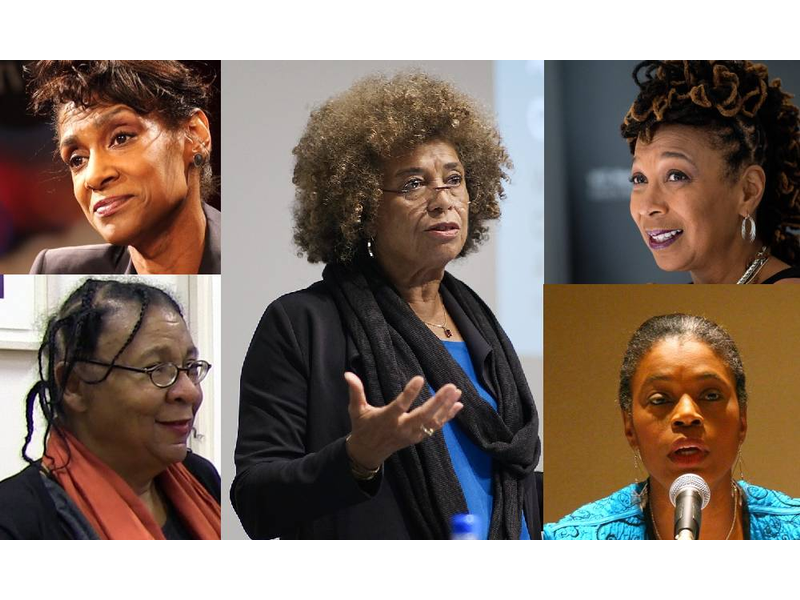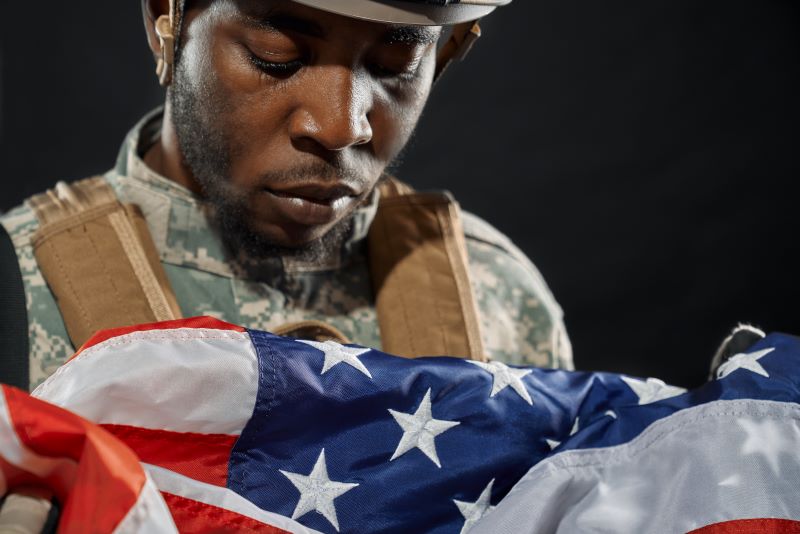Philosophy is the study of fundamental truths, the search for knowledge, and the examination of ethical norms that arises from such research. Philosophical study fosters an enhanced ability to put oneself in the shoes of others and gain insight into how various civilizations see the world. In ethics, social and political philosophy, and Critical Race Theory, philosophers of African descent pose novel issues and present unknown answers. These influential people are well-known in their fields of study and communities for their advocacy activities. In doing so, they are blazing a trail for the next generation of philosophers. Women and people of color philosophers still have a long way to drive before they are appropriately acknowledged. These outstanding historical figures are frequently referenced for their continuing impact to motivate students in the Black community to demonstrate a more profound dedication to the study of philosophy. Let’s look at some of the women philosophers shaping the discipline’s future.
Anita L. Allen
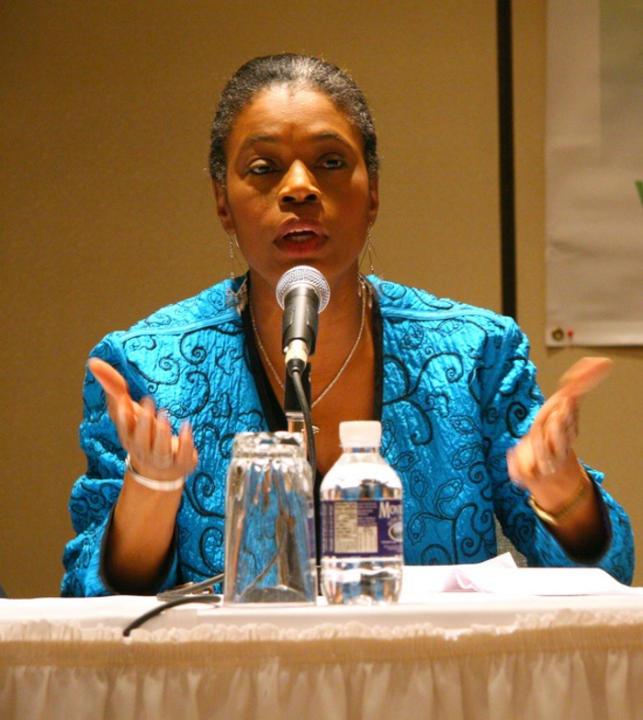
In addition to her role as Vice Provost of Faculty at the University of Pennsylvania Law School, Anita L. Allen is the Henry R. Silverman Professor of Law and Philosophy. Allen has collaborated with the university’s bioethics team, the Africana Studies program, and the gender, sexuality, and women’s studies team. Especially in privacy, women’s rights, and diversity in higher education, Allen is often acknowledged as a worldwide authority on questions of law and ethics. Considering that the nature and importance of privacy in our daily lives and choices are continually altering, much of Allen’s work explores the confluence of privacy, ethics, and society and what it means in this more sophisticated era. These worries extended to bioethics, which is why President Obama appointed Allen to the Presidential Commission for the Study of Bioethical Issues in 2010.
Kimberlé Williams Crenshaw
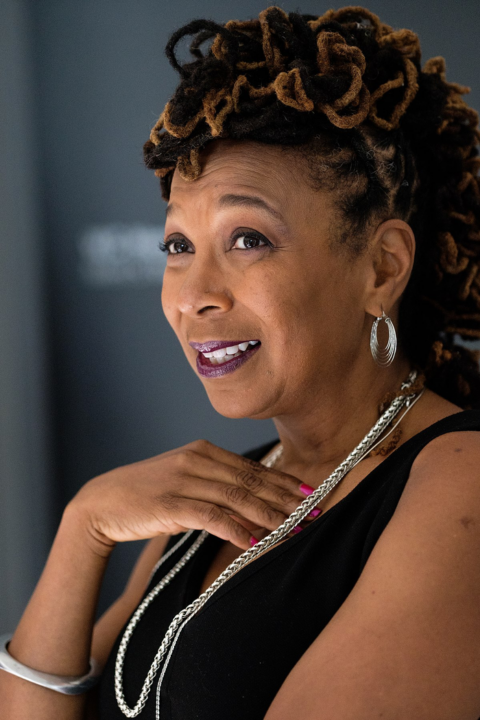
In addition to being a prominent fighter for civil rights, lawyer, professor, and philosopher, Kimberlé Williams Crenshaw is also an accomplished writer and philosopher. Both the U.C.L.A. School of Law and Columbia University’s Department of Law have appointed her to the post of professor. Crenshaw is regarded as a pioneer in the development of critical race theory and the idea of intersectionality, both of which have had an impact far beyond the field of law. These problem-solving approaches consider racial and other identification factors, including socioeconomic standing, educational attainment, and gender. Although Crenshaw is credited with coining the term “intersectionality,” the notion predates her work and may be found, for example, in that of Angela J. Davis and Deborah King. They are not just used in the realm of law and legal theory but also in the arts, social sciences, and anthropology.
Angela Davis
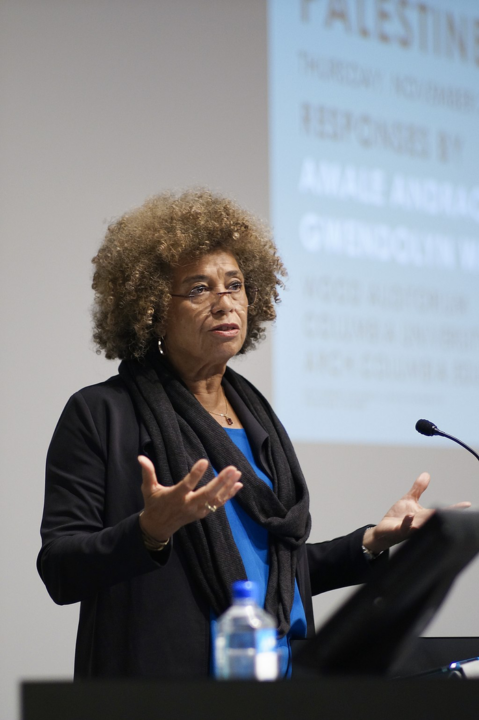
For decades, Angela Y. Davis has fought against racism, sexism, homophobia, transphobia, and other kinds of oppression in the United States and worldwide. She has been involved in many different fields throughout her life, including student, educator, writer, academic, and activist/organizer. Her research interests include the following:
- The philosophies of punishment in female correctional facilities.
- The fields of Feminism.
- African American studies.
- Critical theory.
- Popular music culture.
- Social awareness.
She has written over ten books addressing social stratification, gender, racism, and the American penal system. Professor Davis’s involvement in political groups like the CPUSA and the Black Panther Party dates back to her childhood in Birmingham, Alabama. It continues through her time as a high school student in New York. But it wasn’t until she was fired from her teaching post in the Philosophy Department at U.C.L.A. due to her membership in the Communist Party, U.S.A., that she received extensive public notice. A significant worldwide “Free Angela Davis” movement led to her acquittal in 1972 after being falsely put on the F.B.I.’s Ten Most Wanted List in 1970 and imprisoned for 16 months. Davis backed the three convicts known as the Soledad Brothers, who were suspected of murdering a correctional officer and were later charged with the crime. She helped form Critical Resistance, a nationwide group working to end the prison-industrial complex. She is also involved with the abolitionist group Sisters Inside, which is dedicated to showing support for women incarcerated in Queensland, Australia.
bell hooks
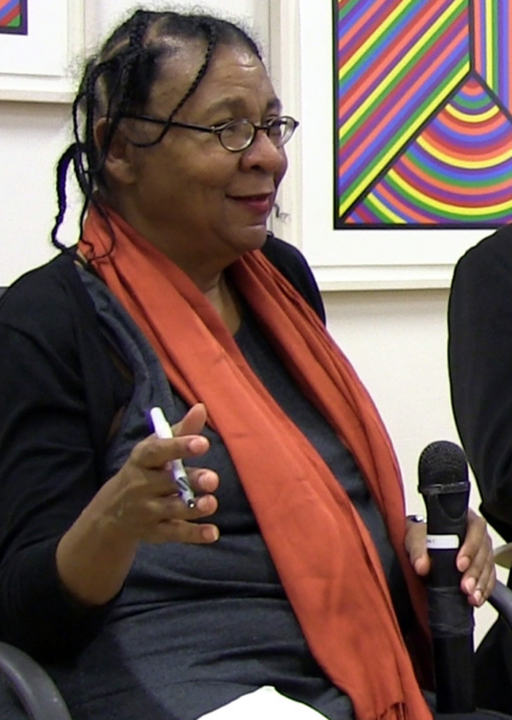
Originally named Gloria Jean Watkins, activist and author bell hooks was born in Hopkinsville, Kentucky. While still a youngster, hooks recited the poetry of Langston Hughes, Elizabeth Barrett Browning, and Gwendolyn Brooks. She received her Bachelor of Arts from Stanford University, Master of Arts from the University of Wisconsin–Madison, and Doctor of Philosophy from the University of California, Santa Cruz. bell hooks’ sharp, comprehensive analysis of gender and race was essential in expanding the scope of feminism to include non-white women’s experiences and perspectives. With the publication of her first book, 1981’s Ain’t I a Woman? Black Women and Feminism, Ms. hooks (who insisted on writing her name with no capitalization) began an extended critique of feminism, arguing that its claim to speak for all women had marginalized the experiences of working-class and Black women. She was a creative chameleon who effortlessly moved between poems, essays, memoirs, self-help, and children’s books, as well as cinema, television, and the academic world, where she used narrative as successfully as social theory. The book Ain’t I a Woman? Black Women and Feminism, published in 1981, is widely regarded as her most significant contribution to Black feminist thought. In it, she traces the history of racism and sexism against Black women back to slavery, providing a historical context for the ongoing injustices they face today.
Michele Moody-Adams
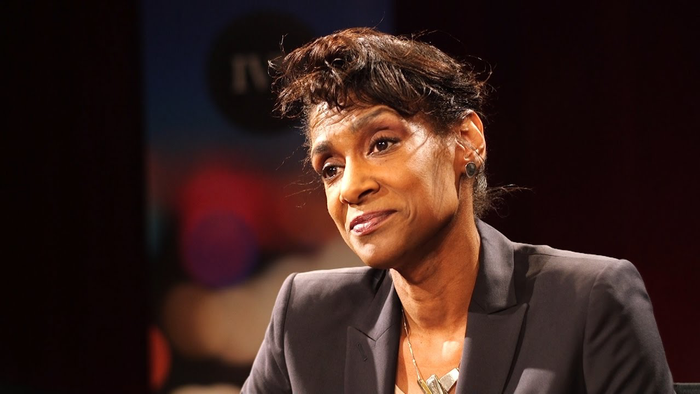
Before becoming Dean of Columbia College and Vice President for Undergraduate Education at Columbia University from 2009 to 2011, Michele Moody-Adams taught political philosophy and legal theory as the Joseph Straus Professor. She was the Vice Provost for Undergraduate Education and Director of the Program on Ethics and Public Life at Cornell University before coming to Columbia. In addition to her time as an Associate Dean at Indiana University, she has taught at Wellesley College and the University of Rochester. Among the topics she’s written on are gender and racial equality, virtue, and moral psychology, as well as the philosophical implications of sex and race. Along with Fieldwork in Familiar Places: Morality, Culture, and Philosophy, her most recent book is Making Space for Justice: Social Movements, Collective Imagination, and Political Hope. Her recent writings include the ethical value of learning about the past, the necessity of educational equity, and the importance of democratic debate. She is now writing a book on Martin Luther King, Jr.‘s philosophy and another on “Renewing Democracy.”

Anand Subramanian is a freelance photographer and content writer based out of Tamil Nadu, India. Having a background in Engineering always made him curious about life on the other side of the spectrum. He leapt forward towards the Photography life and never looked back. Specializing in Documentary and Portrait photography gave him an up-close and personal view into the complexities of human beings and those experiences helped him branch out from visual to words. Today he is mentoring passionate photographers and writing about the different dimensions of the art world.

